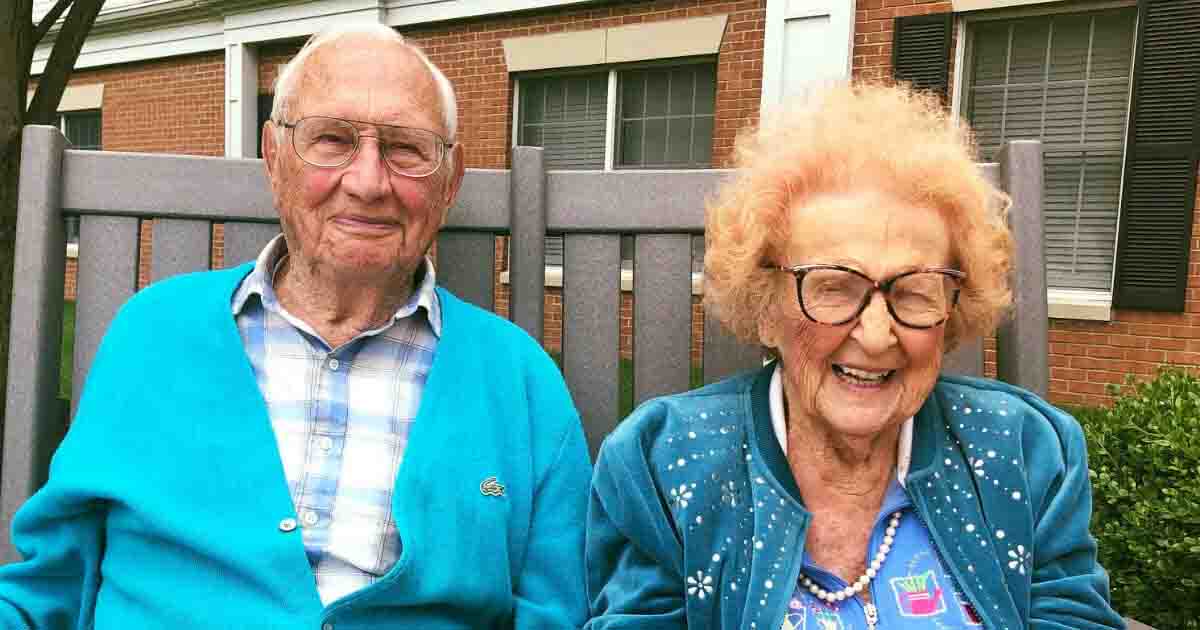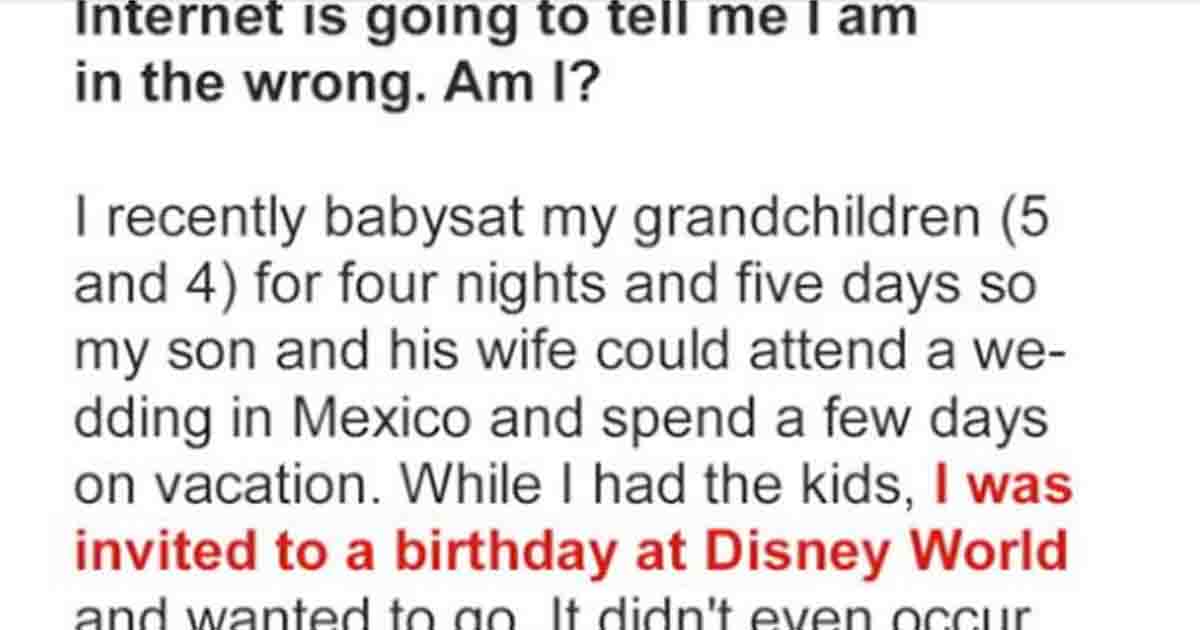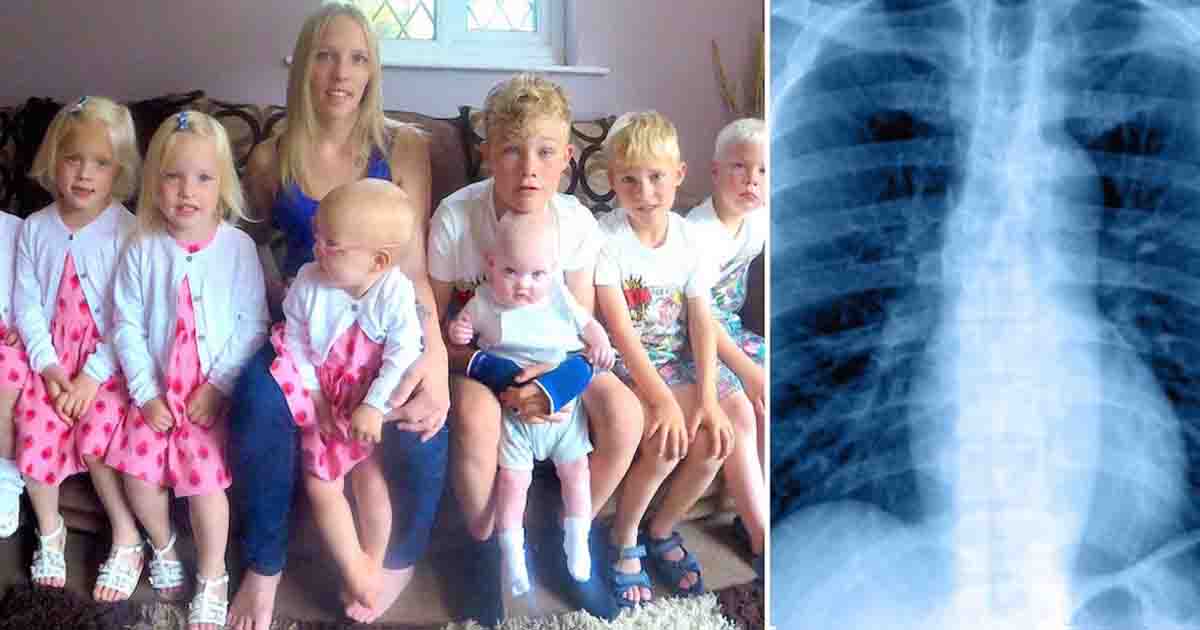‘Revenge mom’ or hero? The chilling true story of Marianne Bachmeier, the mother who shot her daughter’s killer in court
More than 40 years later, the mother who sparked global debate on vigilante justice still leaves people torn between justice and revenge.
In 1981, a grieving mother walked into a German courtroom, pulled a gun from her handbag, and fatally shot the man who had murdered her 7-year-old daughter. That mother was Marianne Bachmeier, and her act of courtroom vengeance still echoes around the world today.
Marianne Bachmeier was a single mom raising her only daughter, Anna, in Lübeck, a city in northern Germany. Life hadn’t been easy for Marianne. She had faced abuse, abandonment, and tragedy from an early age. But her daughter brought her hope and purpose.
Anna was known as a cheerful and friendly little girl. But on May 5, 1980, everything changed. After a disagreement with her mom, 7-year-old Anna skipped school. On her way to a friend’s house, she was abducted by Klaus Grabowski, a 35-year-old man with a dark past.
Grabowski was a convicted sex offender who had already served time for abusing young girls. Despite once volunteering for chemical castration, he later reversed it to continue his relationship with his fiancée. But none of that stopped him from doing the unthinkable.
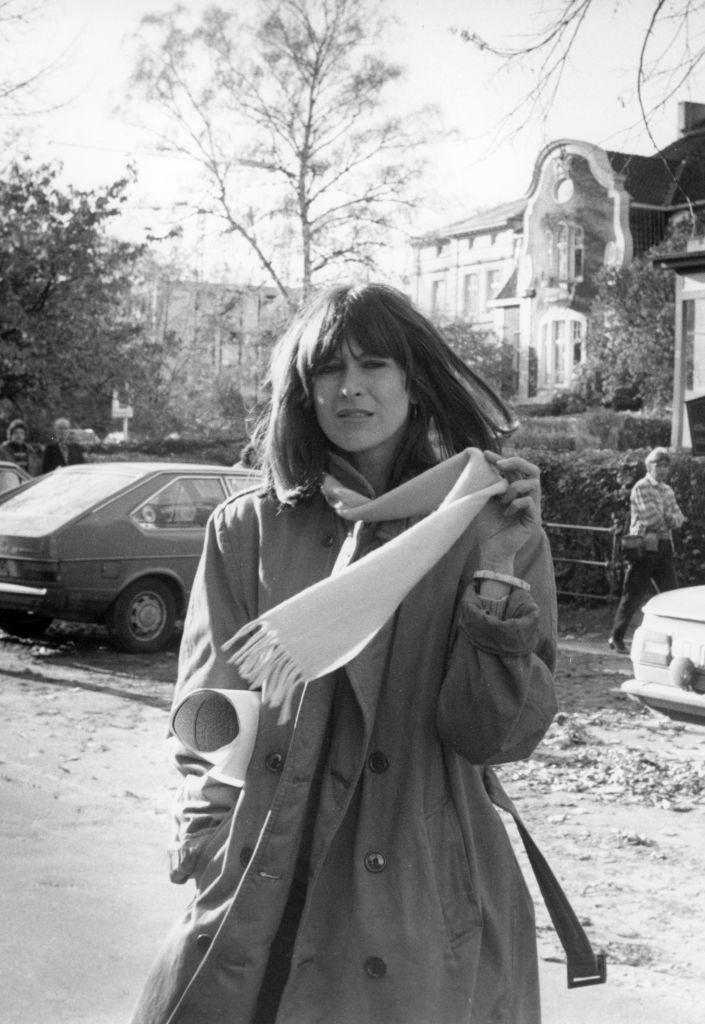
That day, Grabowski kept Anna in his home, abused her, and then strangled her to death. He stuffed her body in a box and hid it by a canal. Police arrested him the same night, after his fiancée turned him in.
A courtroom turned crime scene
Grabowski’s trial began less than a year later. He confessed to the murder but denied the abuse, going so far as to blame Anna—claiming she had tried to blackmail him. These shocking and disturbing claims enraged Marianne. She felt helpless. And that fury turned into something else.
On the third day of the trial—March 6, 1981—Marianne hid a small pistol in her handbag. As the courtroom settled in, she stood up, aimed the gun at Grabowski, and fired seven bullets into him. He died instantly.
Witnesses say she called him a “pig” as she dropped the gun. “He killed my daughter,” she said. “I wanted to shoot him in the face, but I shot him in the back … I hope he’s dead.”
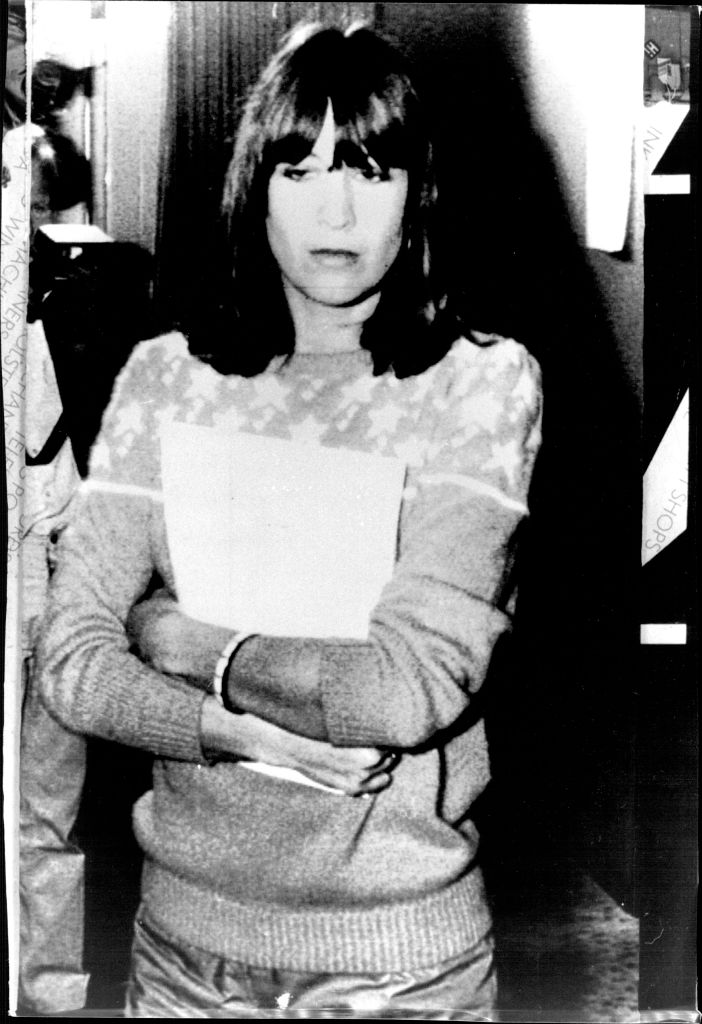
A nation divided
Marianne was arrested on the spot. But public opinion didn’t turn against her. Instead, many people saw her as a mother who had done what the justice system couldn’t: stopped a repeat offender and defended her child’s memory.
Media outlets around the world labeled her “Revenge Mom.” Some called her a hero. Others, however, questioned her actions. Was it justice—or just another crime?
Marianne was charged with murder, but her trial in 1983 resulted in a reduced charge: premeditated manslaughter and unlawful possession of a firearm. She was sentenced to six years in prison but released after just three.
A survey from the time showed the nation’s divided feelings:
- 28% said the sentence was fair
- 27% thought it was too harsh
- 25% believed it was too light
Life after the courtroom
After prison, Marianne tried to rebuild her life. She moved to Nigeria, married a German teacher, then relocated to Sicily after their divorce. Eventually, she returned to Germany when she was diagnosed with pancreatic cancer.
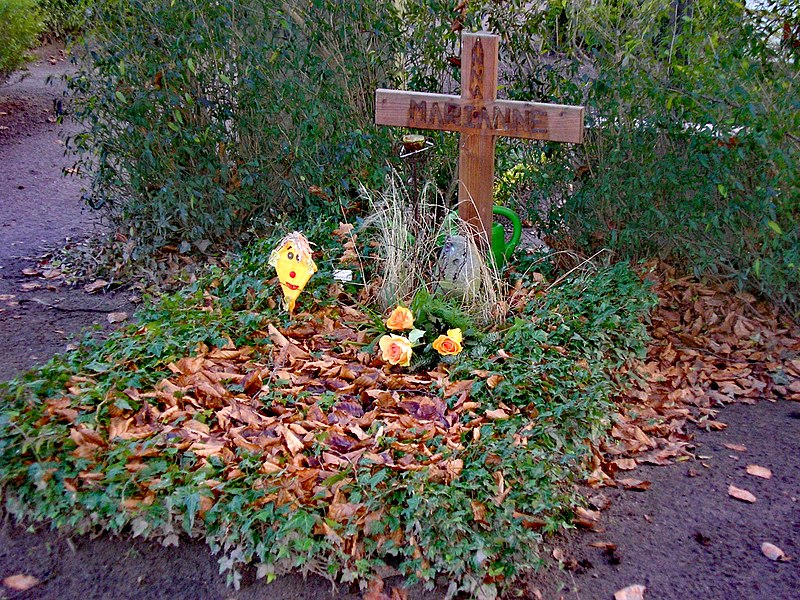
In rare interviews, Marianne admitted she had planned the shooting, not out of rage alone, but to stop Grabowski from smearing her daughter’s name. “I did it for Anna,” she once wrote, decorating her message with seven hearts—one for each year of her daughter’s short life.
She died in 1996 at the age of 46 and was buried next to Anna in Lübeck.
Marianne Bachmeier’s story is one of deep pain, a mother’s love, and the eternal struggle between justice and vengeance. Her decision to take the law into her own hands is still debated decades later. Some see her as a tragic hero. Others say justice should always stay in the courtroom.
No matter where people stand, one thing is clear— her story will never be forgotten.
Would you do the same in her shoes? Or should justice always be left to the courts—even when they fail us? Marianne’s story reminds us how complex human emotions can be, especially when love, loss, and justice collide.
